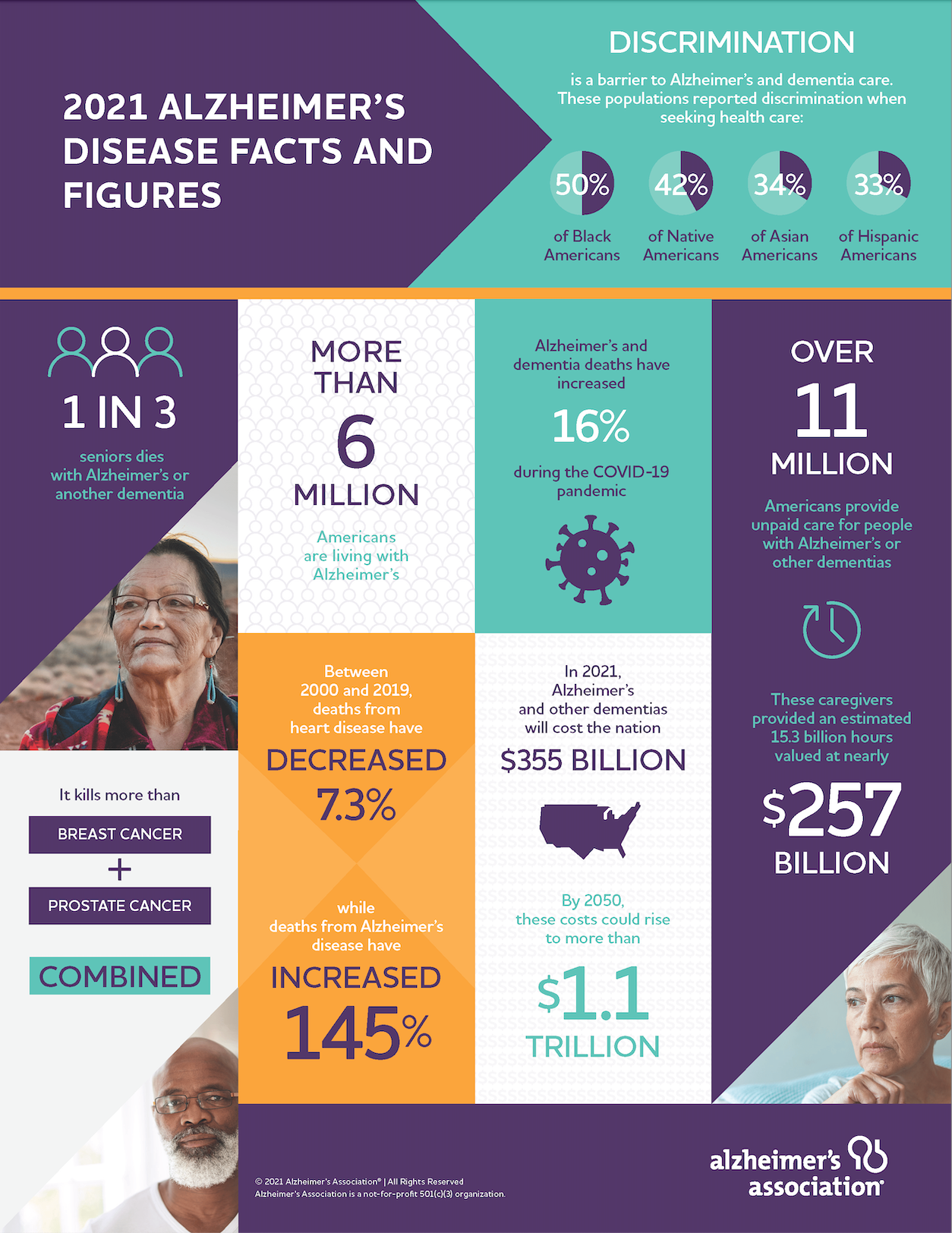Treatment of Alzheimer’s Disease and Dementia in Ancient Africa
Alzheimer’s Disease Facts and Figures
This blog post and the next few posts are going to be documenting my journey in understanding the prevalence, issues, and the important work needed to be done to deal with Alzheimer’s Disease and Dementia in African American communities. Amazing research and work are being done by various groups in this arena and my blog post is an attempt to collect and aggregate this information to further my understanding on the topic.
Alzheimer’s Disease is extremely prevalent in African Americans compared to Caucasians, ranging from around 14% to almost 100% higher. Additionally, African Americans have a much higher chance of developing AD. There is a greater familial risk, and they are 1.5 times as likely to develop the disease compared to non-African Americans. However, as seen from many different sources, AD presents itself differently depending on the race, gender, or age of the patient, and in African Americans, genetic and environmental factors have a more significant impact on the patient.
Early research has shown that genetics, the environment, lifestyle, and overall health play a huge role in the development of AD. However, Data from longitudinal studies suggest that high cholesterol and high blood pressure may be significant risk factors for Alzheimer’s . The implications of these discoveries are enormous for African Americans, among whom vascular disease and its risk factors are disproportionately present. Unfortunately, genetics, as well as the environment, play an ever bigger role in African Americans than in other races. The cumulative risk of dementia among first-degree relatives of African Americans who have AD is 43.7%. Also, for spouses who share the same environment as AD patients, the cumulative risk was 18.4%. These findings are extremely important because they highlight the increasing importance of successfully and quickly diagnosing African American people who have AD. Right now, many African Americans have to present with more severe clinical symptoms and/or signs of AD to warrant a diagnosis from physicians compared to non-African American patients. (not sure what this means?)
To close out this post, lets delve into why the diagnosis of AD or dementia for African Americans is so complicated. This is due to the lack of new and advanced technology. Screening and assessment tools and clinical trials are not designed to address the unique presentation of AD or dementia in African Americans. Because of that, many African Americans are diagnosed when they have a later, more crippling stage of AD or dementia, which prevents the current treatments from being as effective. Also, unfortunately, due to the current world we live in, there is also substantial evidence of discrimination and racism when it comes to African American patients. When they had tried to seek appropriate care or treatments, they had been denied or not appropriately helped. As a result, a mere 20% of all Black Americans say that they have barriers to excellent healthcare, as well as to appropriate or life-saving support for their diseases.
In the next post, I will go into further detail about the available treatments many African Americans use. I will expand on the aforementioned discrimination and limited access to healthcare. Additionally, I am going to do some research on some programs run by institutions such as Wash U and Rutgers Newark, programs that are directed at helping solve these issues.
